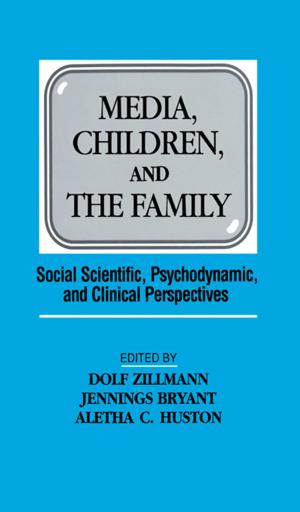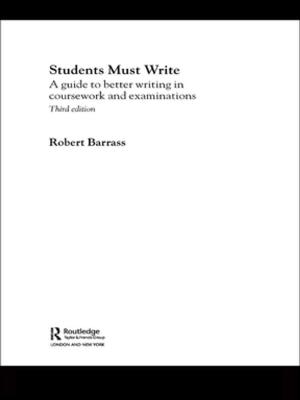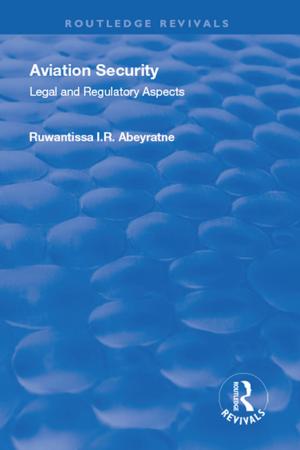The Genius of the Jewish Joke
Fiction & Literature, Literary Theory & Criticism, Nonfiction, Social & Cultural Studies, Social Science| Author: | Arthur Asa Berger | ISBN: | 9781351482257 |
| Publisher: | Taylor and Francis | Publication: | July 12, 2017 |
| Imprint: | Routledge | Language: | English |
| Author: | Arthur Asa Berger |
| ISBN: | 9781351482257 |
| Publisher: | Taylor and Francis |
| Publication: | July 12, 2017 |
| Imprint: | Routledge |
| Language: | English |
The Genius of the Jewish Joke focuses on what is distinctive and unusual about Jewish jokes and Jewish humor. Jewish humor is humor by Jews and about Jews, in whatever medium this humor is found. Jokes are defined as short stories, meant to amuse, with a punch line, though Jewish humor exists in many other forms—riddles, comic definitions, parodies—as well. The book makes a "radical" suggestion about the origin of Jewish humor—namely, that Sarah and Abraham's relation to God, and the name of their son Isaac (which, in Hebrew, means laughter), recognizes a special affinity in Jews for humor. Abraham does not sacrifice Isaac (humor) and, thus, humor and the Jews are linked early in Jewish history.
Berger discusses techniques of humor and how they can be used to analyze jokes. He also compares "Old World Jewish Humor"—the humor of the shtetl, with its fabulous schlemiels, schlimazels, schnorrers, and other characters—and "New World Humor"—the humor of Jewish doctors, lawyers, accountants, and other professional types living mostly in the suburbs nowadays. Jewish humor is contrasted with other forms of ethnic humor, such as Polish jokes and Italian American jokes.
This humor, in addition to providing pleasure, reveals a great deal about Jewish character and culture and, in addition, the human condition. Now available with a new introduction by the author, The Genius of the Jewish Joke is an entertaining and informative inquiry into Jewish humor that explores its distinctiveness, its unique spirit, and its role in Jewish identity.
The Genius of the Jewish Joke focuses on what is distinctive and unusual about Jewish jokes and Jewish humor. Jewish humor is humor by Jews and about Jews, in whatever medium this humor is found. Jokes are defined as short stories, meant to amuse, with a punch line, though Jewish humor exists in many other forms—riddles, comic definitions, parodies—as well. The book makes a "radical" suggestion about the origin of Jewish humor—namely, that Sarah and Abraham's relation to God, and the name of their son Isaac (which, in Hebrew, means laughter), recognizes a special affinity in Jews for humor. Abraham does not sacrifice Isaac (humor) and, thus, humor and the Jews are linked early in Jewish history.
Berger discusses techniques of humor and how they can be used to analyze jokes. He also compares "Old World Jewish Humor"—the humor of the shtetl, with its fabulous schlemiels, schlimazels, schnorrers, and other characters—and "New World Humor"—the humor of Jewish doctors, lawyers, accountants, and other professional types living mostly in the suburbs nowadays. Jewish humor is contrasted with other forms of ethnic humor, such as Polish jokes and Italian American jokes.
This humor, in addition to providing pleasure, reveals a great deal about Jewish character and culture and, in addition, the human condition. Now available with a new introduction by the author, The Genius of the Jewish Joke is an entertaining and informative inquiry into Jewish humor that explores its distinctiveness, its unique spirit, and its role in Jewish identity.















